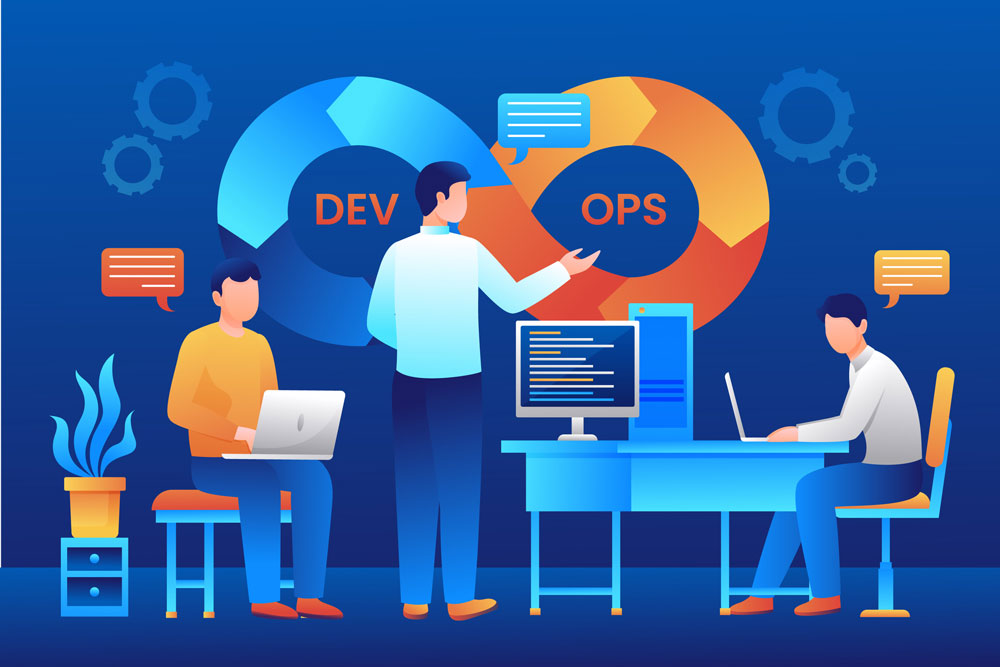The Rise of DevOps: Streamlining IT Operations

Introduction:
In the world of IT, the development and operation of software systems have traditionally been treated as separate entities. However, the rise of DevOps has transformed this paradigm by emphasizing collaboration, automation, and shared responsibility. In this blog, we will explore the significance of DevOps in streamlining IT operations and driving organizational success.
- Improved Collaboration and Communication:
DevOps bridges the gap between development and operations teams by promoting collaboration and communication. By breaking down silos and fostering cross-functional teams, DevOps enables seamless coordination throughout the software development lifecycle. This collaboration leads to faster feedback loops, quicker issue resolution, and enhanced overall efficiency.
- Continuous Integration and Deployment:
DevOps embraces automation to streamline the process of software integration, testing, and deployment. Continuous integration ensures that changes made by developers are regularly merged and tested, reducing integration issues and increasing software stability. With continuous deployment, organizations can release new features and updates to production environments more frequently, accelerating time-to-market and enabling faster innovation cycles.
- Enhanced Stability and Reliability:
DevOps practices, such as automated testing, infrastructure as code, and configuration management, contribute to increased system stability and reliability. By automating repetitive tasks, organizations reduce the risk of human errors and inconsistencies. Additionally, infrastructure as code allows for consistent and reproducible environments, minimizing the chances of configuration drift and improving system reliability.
- Scalability and Flexibility:
DevOps principles enable organizations to scale their IT operations efficiently. By utilizing cloud technologies, infrastructure can be provisioned and scaled on-demand, allowing organizations to adapt to changing business needs. The flexibility provided by DevOps practices empowers organizations to quickly respond to increased workloads and ensures smooth operations even during periods of high demand.
- Continuous Monitoring and Feedback:
DevOps emphasizes continuous monitoring of systems and applications to identify performance issues and gather valuable feedback. Monitoring tools provide real-time insights into system performance, enabling proactive issue detection and rapid troubleshooting. This feedback loop enables organizations to continuously improve their systems and deliver optimal user experiences.
Conclusion:
DevOps has emerged as a transformative approach in the IT industry, bringing together development and operations teams to streamline IT operations and drive organizational success. By promoting collaboration, automation, continuous integration, and deployment, as well as stability, scalability, and continuous monitoring, DevOps enables organizations to deliver software faster, more reliably, and with higher quality. Embracing DevOps practices can unlock operational efficiency, enhance system stability, and foster innovation in the ever-evolving IT landscape.
Recommended Posts

The Importance of Agile Development in IT Projects
June 7, 2023

